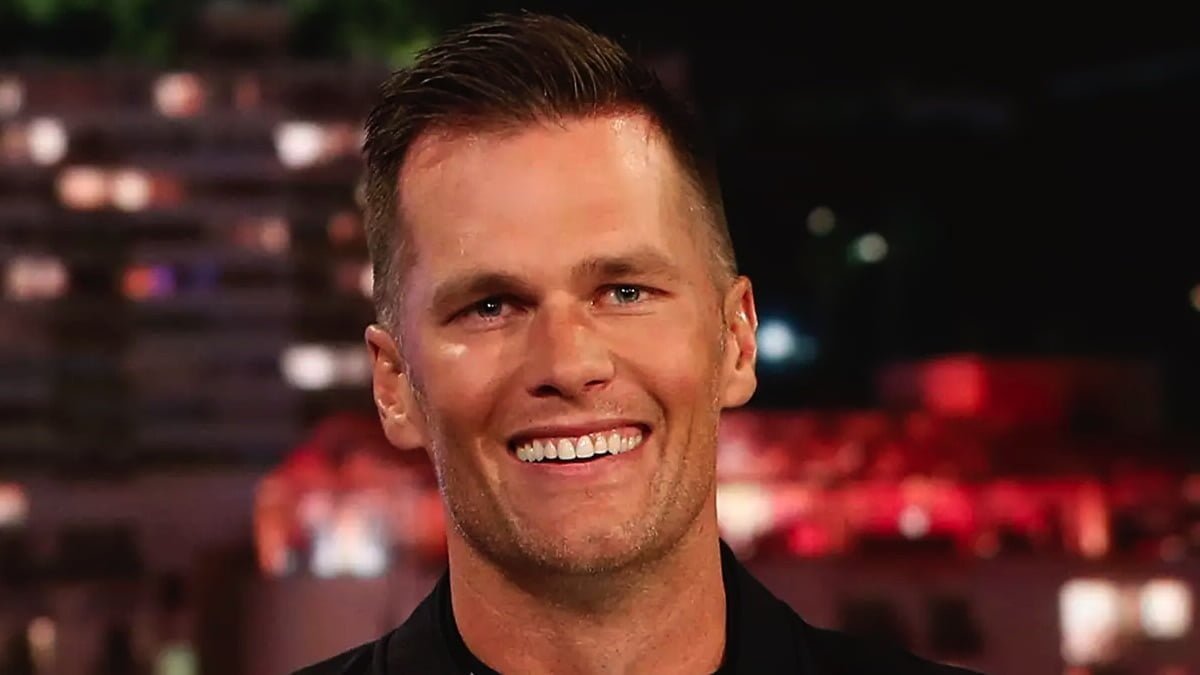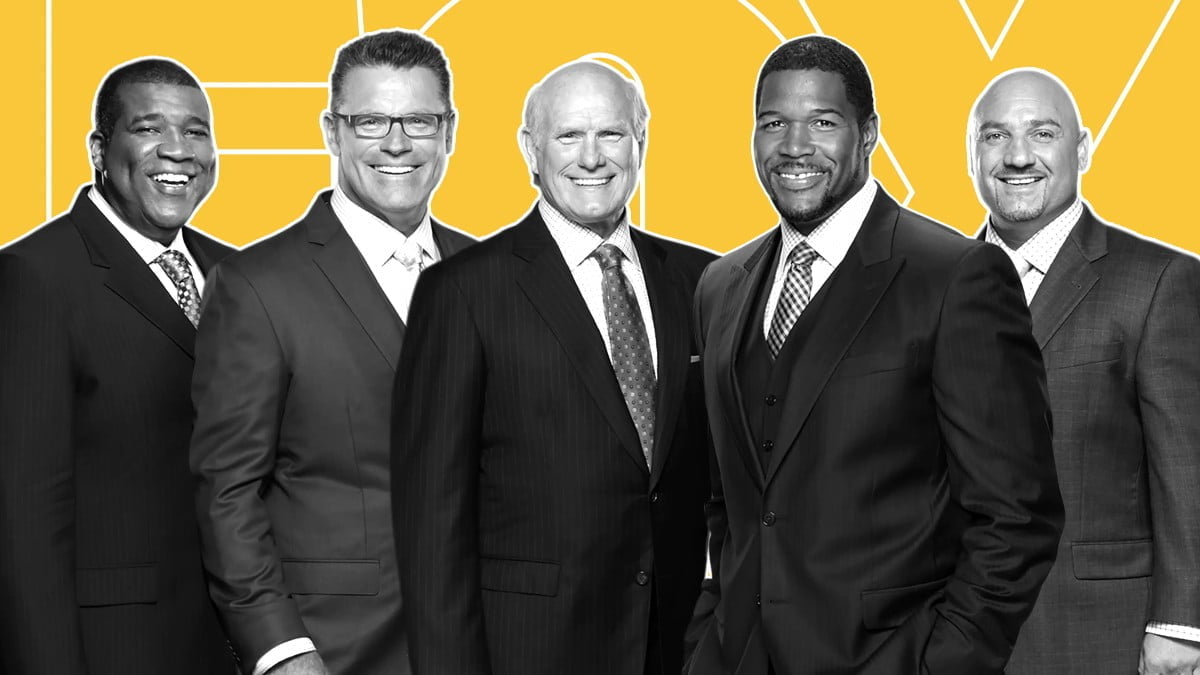Tom Brady and his presumed future as a broadcaster has been viewed with some skepticism. After 23 seasons of playing in the NFL, and considering what this season has apparently cost him personally, will he still want to devote so much time to football calling games each week?
Naturally, this is under the presumption that the 2022-23 NFL season will be his final one as an active player. And it’s easy to draw such a conclusion. Would he really want to put himself through another season like this one?
Ending his brief retirement to play another season with the Tampa Bay Buccaneers may have been the breaking point for his marriage. The Bucs aren’t playing well, compiling a 5-6 record going into Week 13. Yet in an NFC South division in which no team currently has a winning record, Tampa Bay could still make the playoffs.
Joe Buck recently expressed doubt to Jimmy Traina on the Sports Illustrated Media Podcast as to whether or not Brady will ever join Fox Sports and the 10-year, $375 million contract reportedly waiting for him. It’s one thing for football fans and sports media observers to speculate on Brady’s future. But it’s quite another for people in the industry — and in this case, someone who still has close ties to decision-makers at Fox Sports — to ask questions.
Last week on his Let’s Go podcast, however, Brady sounded like he’d already put some thought into how he’ll approach broadcasting — or as he put it, his second career. Perhaps he was influenced by having the famously outspoken Charles Barkley as a guest on the show, but Brady believes he would be candid in his analysis and commentary.
“I’m going to be on TV and have the opportunity to be more critical than what I’ve been as a player,” Brady said to Barkley and Let’s Go host Jim Gray.
He then explained that whenever he had a problem with a teammate or coach, he addressed it directly and the issue stayed between them. That would obviously be different on television, where Brady is talking to the viewing audience.
“As I think forward… I’ve had 23 seasons professionally, when I watch football now, the only thing I see — nine out of 10 — is ‘Man, that was a really bad play,'” Brady added. “As opposed to the really spectacular play that [Patrick] Mahomes made or the spectacular play Josh Allen made. Now, it’s like, ‘Man, what a bad defensive play, what a bad play by the quarterback.'”
In Brady’s view, playing with exceptional athletes like Randy Moss, Wes Welker, Rob Gronkowski, Julian Edelman, and Mike Evans set a standard in his mind. But expecting a high level of play from teammates is quite different than applying such a measure to players he’s watching and scrutinizing as a broadcaster.
As a quarterback and team leader, Brady can directly affect the outcome of events. He can help inspire greater effort and achievement. Or as we’ve seen during Brady’s career with the New England Patriots, he can break a player’s spirit (especially rookie wide receivers) by grinding them against the diamond wheel of expecting perfection.
The first thought is that Brady could be enormously popular with viewers and media if he was critical of players or coaching decisions. That’s often the first flaw fans will point out in a broadcaster. “Ah, he never rips anybody. Protects his buddies.”
It’s why Barkley is so popular. We want to hear what he’s going to say. We don’t know what he’s going to say. But it will likely be sharp and funny. Yet is that too much to expect from a game analyst? Brady cites golf analyst Johnny Miller (“scathing”) as a model. But he also seems to understand that there’s a risk in being too negative.
Barkley warned against that earlier in the conversation with Brady and Gray when sharing advice that he received from Dick Ebersol upon his entry into broadcasting.
“People always tell you they want to hear the truth. They really don’t, Jim,” Barkley said. “[Ebersol] said, ‘Fans want you to tell them two things: Their favorite player is great and their team is great. If you tell them their favorite player isn’t great or their team sucks, they automatically don’t like you.'”
If Brady frequently harped on players and the level of performance on the field, would he risk becoming the NFL’s John Smoltz? Smoltz is frequently criticized for acting as if he does not like baseball in its current form. And viewers get tired of listening to that.
But to be fair, Smoltz was excellent during this year’s National League Championship Series and World Series in explaining how pitchers execute a game plan versus batters. And if Brady had the ability to quickly explain what he was seeing and the reason for his criticism, rather than just heavy sighing or huffing, that could be compelling commentary.
Yet that would have to be balanced with some healthy admiration too. Maybe not Tony Romo-level gushing, but some insight into how spectacular a play is would balance a broadcast out nicely.
It’s encouraging that Brady has some idea of what kind of broadcaster he’d like to be. When news of Fox essentially reserving Brady for his post-playing career was reported, the sentiment was that he was taking an offer that couldn’t be turned down ($375 million!) and might end up as more of a corporate shill (“brand ambassador,” etc.) than a broadcaster of substance.
Judging from his remarks to Barkley, Brady has put some thought into this. Maybe he’s been thinking about it for years. Perhaps it crystallized during his one-month retirement. But is Brady being naive about what’s realistic for a broadcaster? Would a Johnny Miller work in an NFL booth? Players might not clap back at Brady and his seven Super Bowl championships as they do to Barkley and his zero NBA titles.
Ultimately, however, fans would hold Brady to the high standard he’s envisioned for himself in broadcasting. The possibility of a must-watch analyst in an NFL broadcast booth is certainly enticing. Maybe he’s created some anticipation and intrigue for his career after football. Tom Brady has never shied away from expectations as a player. Perhaps the same will apply to him as a broadcaster.
Ian Casselberry is a sports media columnist for BSM. He has previously written and edited for Awful Announcing, The Comeback, Sports Illustrated, Yahoo Sports, MLive, Bleacher Report, and SB Nation. You can find him on Twitter @iancass or reach him by email at iancass@gmail.com.








